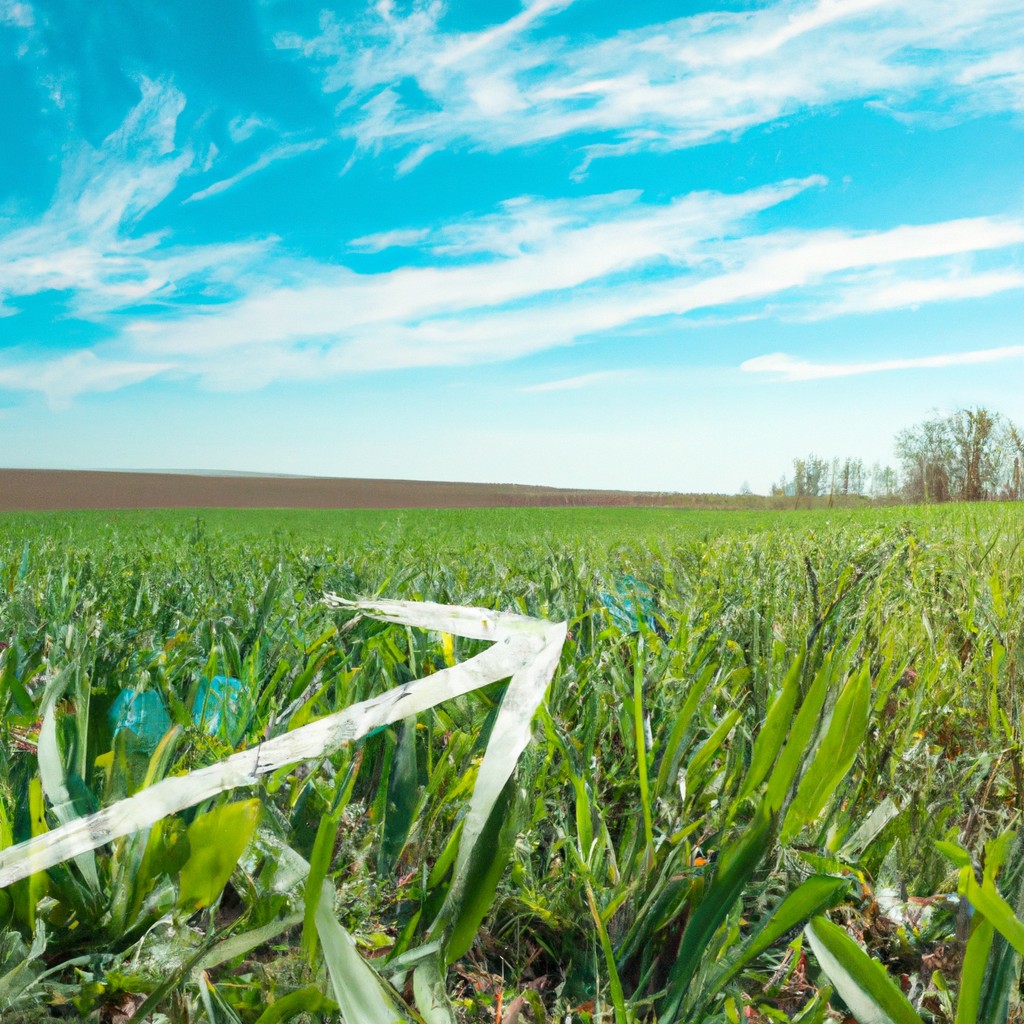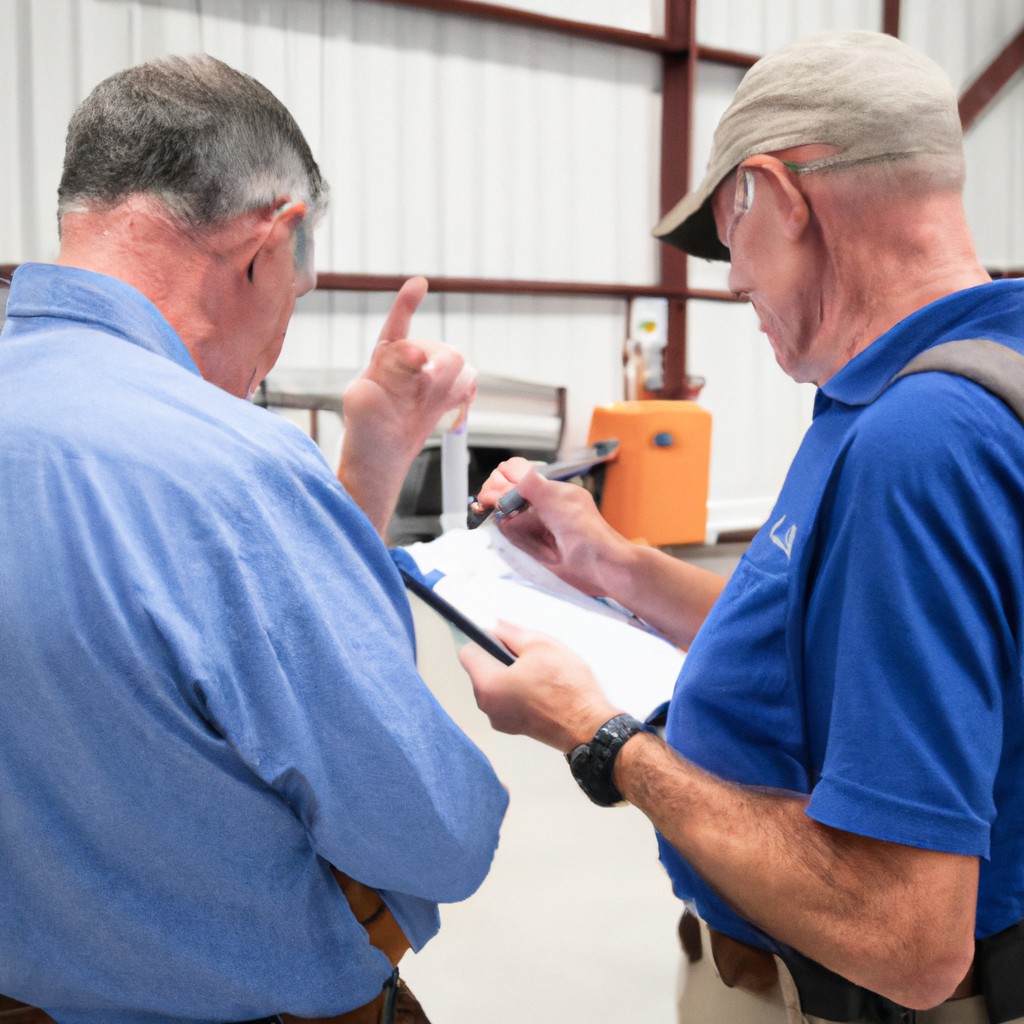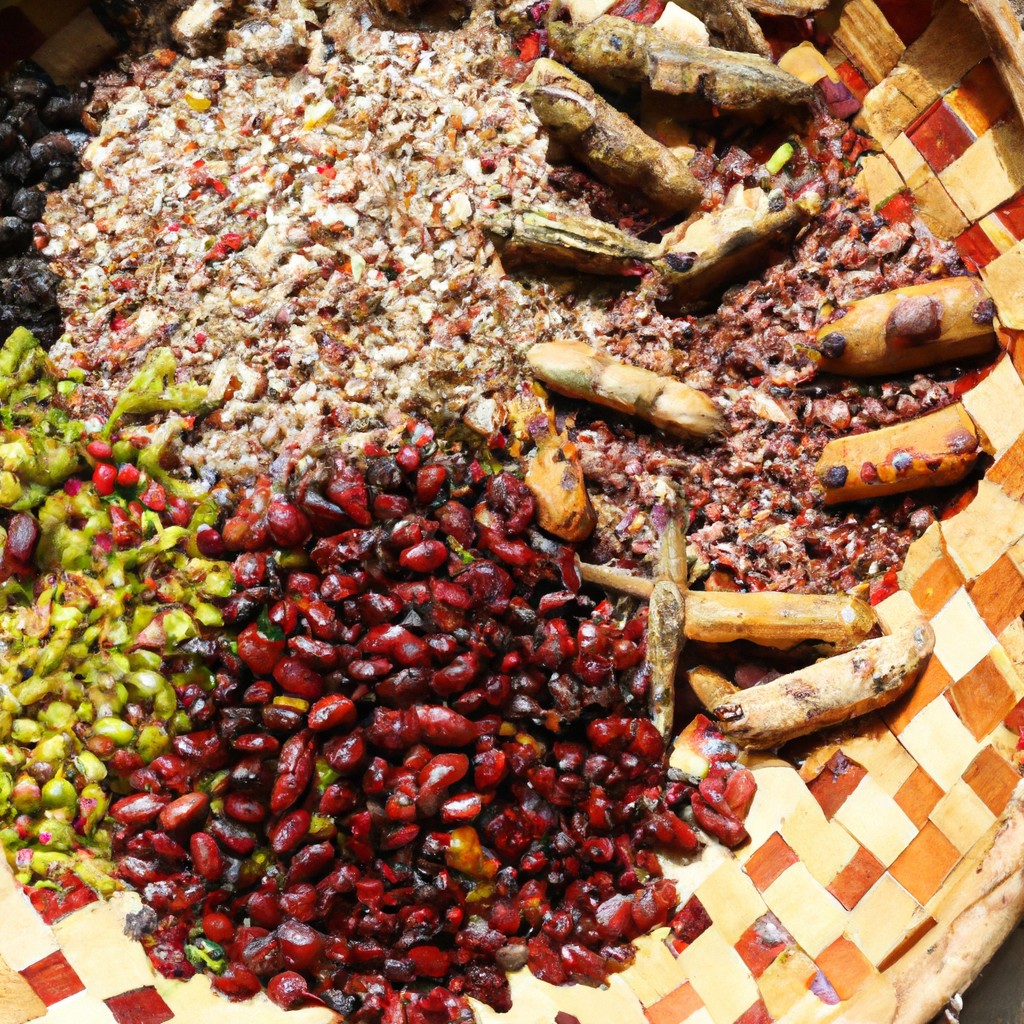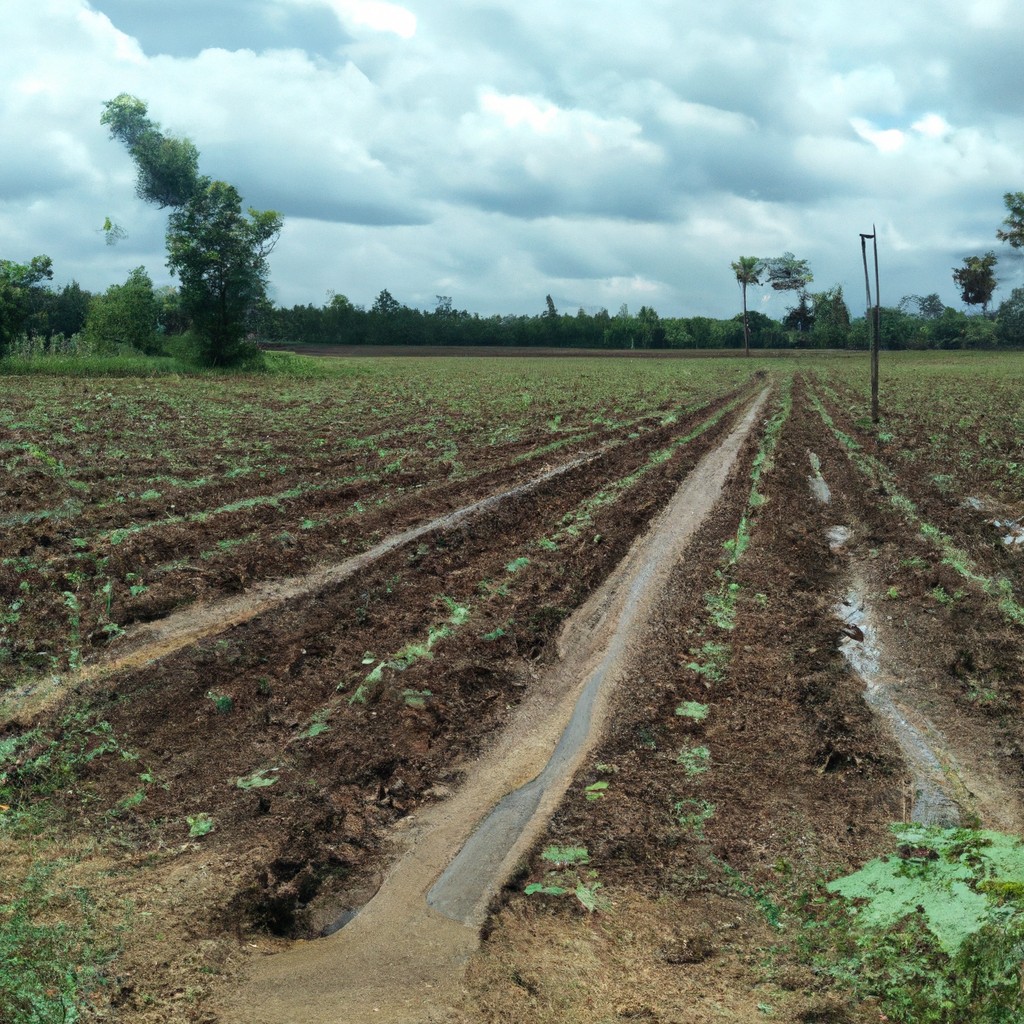Bayer Crop Science is a global leader in agriculture, focusing on innovative solutions to improve crop yields and sustainability.
Look Inside:
Seed Brands
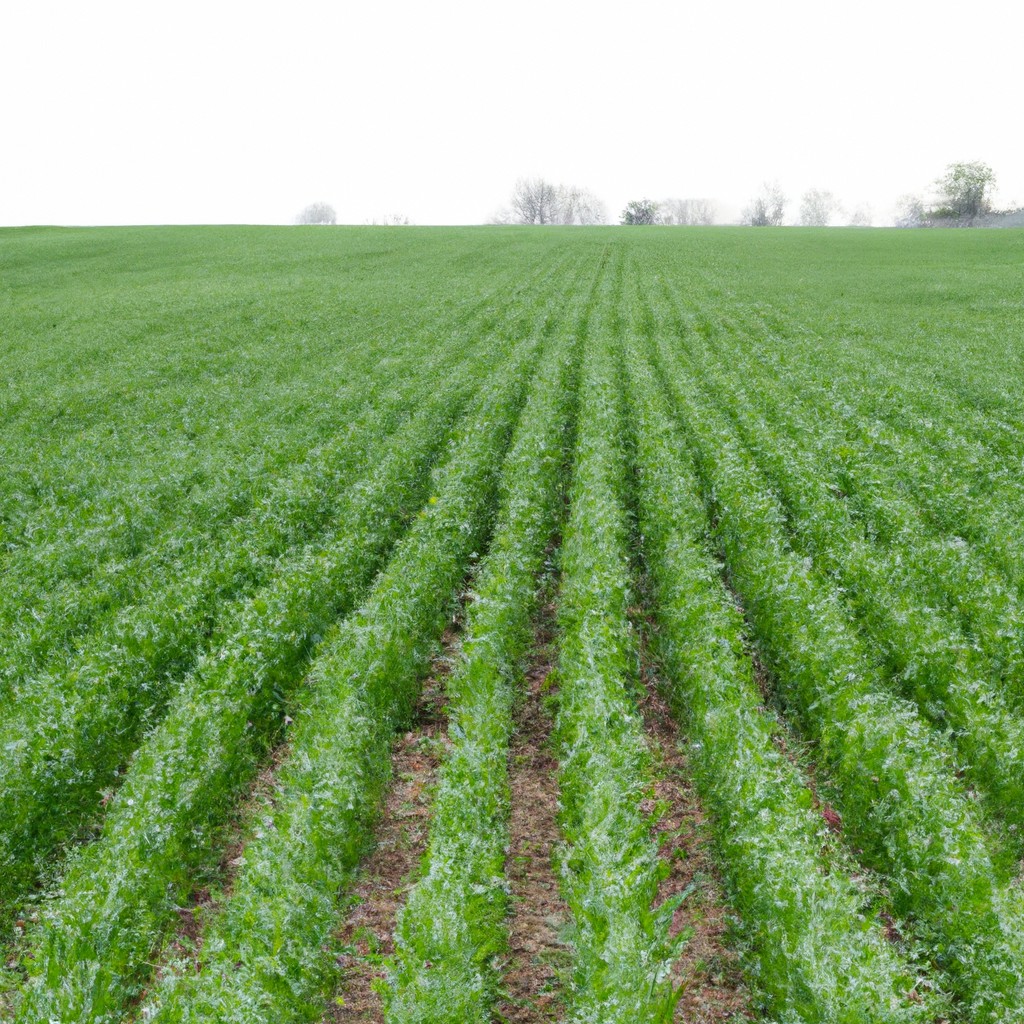
When it comes to seeds, Bayer Crop Science isn’t just playing in the minor leagues; they’ve got some heavy hitters. Let’s talk about what makes their seed brands noteworthy.
Imagine a buffet of crop seeds—it’s an all-you-can-eat party for any farmer. From corn and soybeans to cotton and vegetables, Bayer’s got you covered with a diverse range of high-yield, disease-resistant, and climate-resilient seed varieties.
To sweeten the deal, Bayer’s seed brands like DEKALB, Asgrow, and Deltapine are names you’ll hear folks buzzing about on the farming circuit. Why? Because they offer advanced genetics and traits that are like giving your crops a superhero cape. These seeds are engineered for exceptional performance, requiring less water, fewer pesticides, and yielding more per acre. It’s the agricultural equivalent of upgrading from a horse-drawn cart to a turbocharged tractor.
And who doesn’t like a good “two-for-one” deal? Bayer often bundles their seeds with innovative technologies and useful data analytics, making it easier for farmers to keep an eye on crop health and maximize their harvest with minimal fuss.
Crop Protection
When it comes to keeping crops safe from the pesky invaders that can ruin a farmer’s hard work, here’s the magic Bayer weaves:
First, think chemical protection. Bayer’s herbicides, insecticides, and fungicides act like the bodyguards of the plant world. They keep unwanted weeds, bugs, and diseases away. Just imagine a VIP club; only the crops get to dance under the sun.
Next up, biological solutions. Picture tiny superheroes in the form of microbes and beneficial insects battling the villains. Bayer promotes these natural defenders as an eco-friendly alternative.
Integrated Pest Management (IPM) is a strategy that combines all of these tools. It’s like a Swiss Army knife approach – using every resource at hand to tackle the problem efficiently. It’s the perfect mix of brains and brawn in crop protection.
Finally, digital solutions enter the fray. Data-driven crop management tools help farmers predict, monitor, and combat threats more accurately. Get your tech geek on while you save the crops.
Bayer’s multifaceted approach means healthier crops and happier farmers. Keep those fields singing.
Maximize Your Operation With Bayer Crop Science
Ready to take your crops to the next level? Bayer Crop Science has some tricks up its sleeve.
Imagine having seeds that are not just good, but supercharged. Their advanced genetics mean you get higher yields. Less “wishful thinking,” more “wow, look at those fields!”
Then, there’s crop protection. Think of Bayer’s products as bouncers at a club. Pests and diseases? Not tonight, fellas! Your plants stay healthy and vigorous, ready to strut their stuff.
But wait, there’s more! Precision farming tools help you make data-driven decisions. Turn your farm into a high-tech command center. You’ll know when to plant, water, and harvest down to the last detail. Oh, and did we mention the sustainability angle? Less waste, more green (both in your fields and your wallet).
And let’s not forget Bayer’s extensive support network. Got a question or an issue? There’s always a pro just a call away, ready to help you solve it faster than you can say “crop rotation.”
So, gear up! With Bayer Crop Science, your farming operation could be the next big thing.
Acquisition of Monsanto
In 2018, Bayer bought Monsanto, a move that turned heads faster than a cow spotting fresh green grass. This $63 billion deal birthed a behemoth in the agricultural sector, combining Bayer’s prowess with Monsanto’s innovative tech. Picture it: supercharged seeds and next-gen crop protection, all under one roof.
The synergy sought to streamline row crop seeds, digital farming tools, and biological research. Did it come with public controversy? Absolutely. Glyphosate concerns and antitrust issues were the elephants in the room. Yet, the acquisition aimed to bolster global food production and sustainability.
With both companies’ combined resources, Bayer Crop Science aims to tackle complex agricultural challenges, aspiring to create a greener, more productive future.
Acquisition History
Bayer started shopping for acquisitions like your grandma at a Black Friday sale. One of the biggest cart additions? Monsanto in 2018. This $63 billion deal wasn’t just peanuts.
First, some background. Monsanto was a giant in seeds, biotechnology, and herbicides, particularly infamous for its Roundup product.
- So why did Bayer whip out its corporate credit card?
- To strengthen its position in the market. Combining forces meant expanding their seed and trait offerings.
- Greater access to advanced agricultural technologies. Talk about supercharging innovation.
- Monsanto had a suite of digital farming tools, helping Bayer leap into the 21st century with algorithms and apps.
This acquisition, while controversial, aimed to create a powerhouse equipped to face modern agricultural challenges. There were some hiccups, especially with legal issues around glyphosate, but Bayer’s not backing down from evolving the ag industry.
